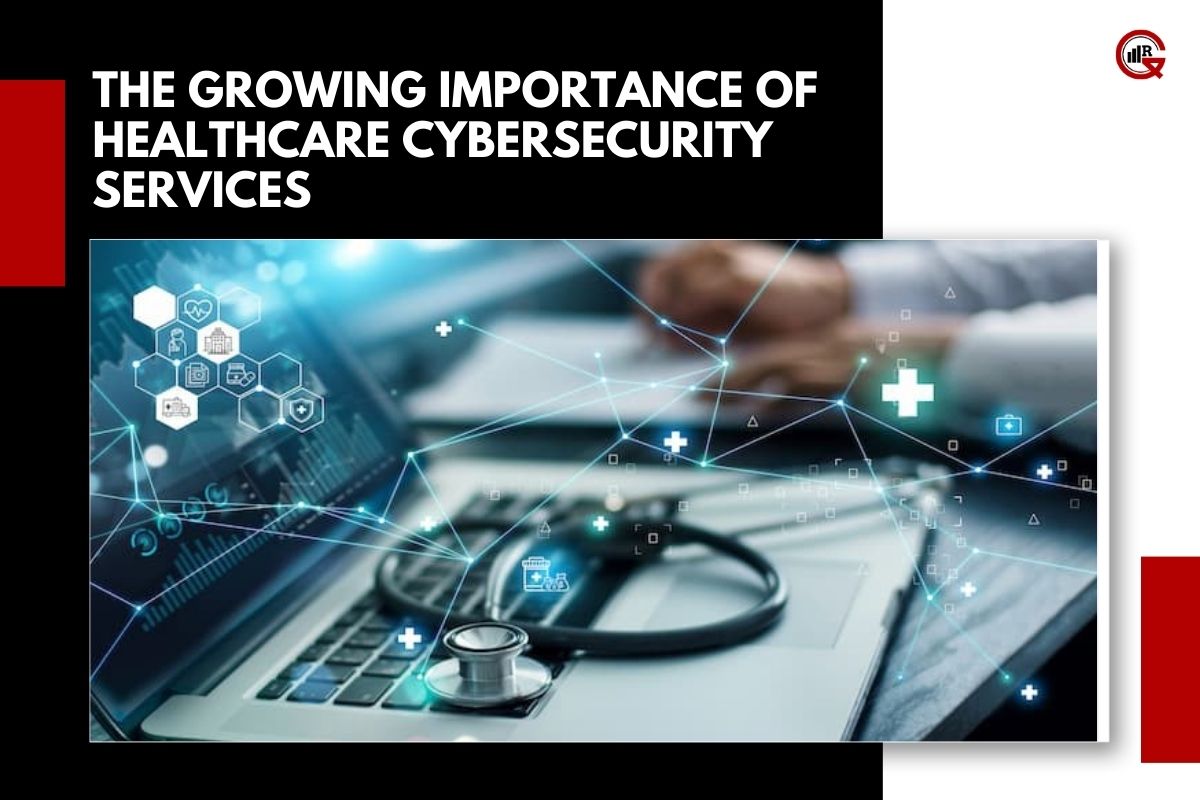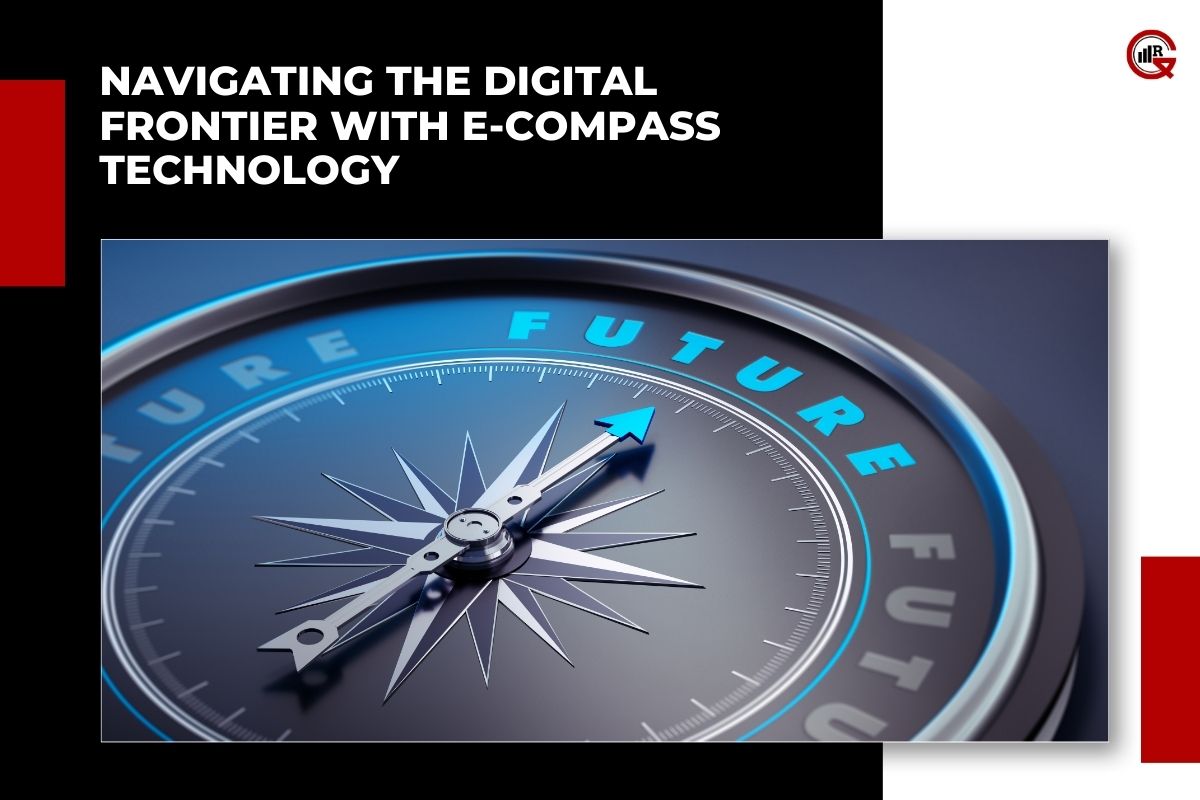(Source – LinkedIn)
In today’s digital age, the healthcare sector is increasingly reliant on technology to store, manage, and transmit sensitive patient information. This digital transformation, while enhancing efficiency and patient care, also brings significant cybersecurity risks. The healthcare industry has become a prime target for cybercriminals due to the valuable and sensitive nature of medical data. As a result, healthcare cybersecurity services have become essential to protect patient information, ensure regulatory compliance, and maintain trust in healthcare systems.
The Rising Threat Landscape in Healthcare
Increasing Cyberattacks
Healthcare organizations are experiencing a surge in cyberattacks, ranging from ransomware to phishing and data breaches. These attacks can have devastating consequences, including the theft of personal health information (PHI), financial losses, and disruptions to critical healthcare services. For instance, ransomware attacks can paralyze hospital operations, delaying patient care and potentially endangering lives. The WannaCry attack in 2017, which affected the UK’s National Health Service (NHS), highlighted the dire consequences of inadequate cybersecurity measures.
Valuable Data
Medical records are particularly attractive to cybercriminals because they contain a wealth of personal information, including social security numbers, addresses, medical histories, and financial data. This information can be used for identity theft, insurance fraud, and other malicious activities. Unlike credit card information, which can be quickly canceled and replaced, medical information is permanent and offers long-term value to attackers.
Regulatory Requirements
Healthcare organizations are subject to stringent regulatory requirements, such as the Health Insurance Portability and Accountability Act (HIPAA) in the United States and the General Data Protection Regulation (GDPR) in the European Union. These regulations mandate the protection of patient data and impose severe penalties for non-compliance. Ensuring compliance with these regulations requires robust cybersecurity measures and continuous monitoring.
Key Components of Healthcare Cybersecurity Services
Risk Assessment and Management
A critical component of healthcare cybersecurity services is conducting thorough risk assessments to identify vulnerabilities in an organization’s infrastructure. This involves evaluating current security measures, identifying potential threats, and assessing the likelihood and impact of various cyber risks. Once risks are identified, organizations can develop and implement strategies to mitigate them, such as deploying firewalls, encryption, and multi-factor authentication.
Data Encryption and Protection

Data encryption is essential for protecting sensitive patient information both in transit and at rest. Healthcare cybersecurity services employ advanced encryption techniques to ensure that data is secure from unauthorized access. This includes encrypting data stored in electronic health records (EHRs), transmitted between healthcare providers, and shared with third-party service providers.
Network Security
Securing the network infrastructure is crucial to prevent unauthorized access and data breaches. Healthcare cybersecurity services implement a range of network security measures, including firewalls, intrusion detection and prevention systems (IDPS), and virtual private networks (VPNs). These measures help to monitor and control network traffic, detect suspicious activities, and block potential threats.
Endpoint Security
Endpoints, such as computers, mobile devices, and medical equipment, are often the entry points for cyberattacks. Ensuring the security of these endpoints is vital for protecting patient data and maintaining the integrity of healthcare systems. Healthcare cybersecurity services deploy endpoint protection solutions, such as antivirus software, device encryption, and mobile device management (MDM) systems, to safeguard these critical assets.
Employee Training and Awareness
Human error is a significant factor in many cybersecurity incidents. Therefore, educating healthcare staff about cybersecurity best practices is essential. Healthcare cybersecurity services offer comprehensive training programs to raise awareness about common threats, such as phishing and social engineering, and to teach employees how to recognize and respond to potential cyber threats. Regular training and simulated phishing exercises can significantly reduce the risk of successful attacks.
Incident Response and Recovery
Despite the best preventive measures, cyber incidents can still occur. Healthcare cybersecurity services provide incident response and recovery plans to minimize the impact of cyberattacks and ensure a swift return to normal operations. These plans include procedures for detecting and containing breaches, eradicating threats, restoring affected systems, and communicating with stakeholders. Having a well-defined incident response plan can significantly reduce downtime and mitigate the damage caused by cyber incidents.
Benefits of Healthcare Cybersecurity Services
Protecting Patient Data
The primary benefit of healthcare services is the protection of patient data. By implementing robust security measures, healthcare organizations can ensure the confidentiality, integrity, and availability of sensitive medical information. This not only protects patients from identity theft and fraud but also maintains their trust in the healthcare system.
Ensuring Regulatory Compliance
Compliance with regulatory requirements is critical for healthcare organizations. Non-compliance can result in severe financial penalties, legal consequences, and reputational damage. Healthcare services help organizations comply with regulations such as HIPAA and GDPR by implementing necessary security controls, conducting regular audits, and providing documentation and reporting.
Reducing Financial Losses

Cyberattacks can result in significant financial losses due to data breaches, ransomware payments, legal fees, and remediation costs. By proactively securing their systems, healthcare organizations can reduce the likelihood and impact of cyber incidents, thereby minimizing financial losses. Additionally, investing in cybersecurity can lead to lower insurance premiums and reduced liability in the event of a breach.
Enhancing Patient Trust
Patients trust healthcare providers with their most sensitive information. Any breach of this trust can have severe consequences for an organization’s reputation and patient relationships. Healthcare cybersecurity services help maintain patient trust by ensuring that their data is protected and that the organization is committed to maintaining the highest standards of security.
Improving Operational Efficiency
Cybersecurity incidents can disrupt healthcare operations, leading to delayed treatments, canceled appointments, and compromised patient care. By implementing effective cybersecurity measures, healthcare organizations can minimize disruptions and ensure the continuity of critical services. This leads to improved operational efficiency and better patient outcomes.
Challenges in Implementing Healthcare Cybersecurity Services
Complexity of Healthcare Systems
Healthcare systems are complex and often include a wide range of interconnected devices, applications, and networks. This complexity makes it challenging to implement and manage comprehensive cybersecurity measures. Healthcare organizations must ensure that all components of their systems are secure and that there are no weak links that could be exploited by cybercriminals.
Limited Resources
Many healthcare organizations operate with limited resources, including budget constraints and a shortage of skilled cybersecurity professionals. This can make it difficult to invest in and maintain the necessary security measures. Healthcare cybersecurity services can help bridge this gap by providing expertise and scalable solutions tailored to the organization’s needs and budget.
Evolving Threat Landscape
The cybersecurity threat landscape is constantly evolving, with cybercriminals developing new techniques and exploiting emerging vulnerabilities. Healthcare organizations must stay ahead of these threats by continuously updating their security measures and staying informed about the latest trends and best practices. This requires ongoing investment in cybersecurity services and a commitment to staying vigilant.
Balancing Security and Accessibility
Healthcare providers must balance the need for robust security with the need for accessibility and usability. Healthcare professionals require quick and easy access to patient information to provide timely care. Overly restrictive security measures can hinder this access and impact patient care. Healthcare cybersecurity services must strike a balance between security and accessibility, ensuring that systems are both secure and user-friendly.
Future Trends in Healthcare Cybersecurity
Increased Adoption of AI and Machine Learning
Artificial intelligence (AI) and machine learning are becoming increasingly important in healthcare cybersecurity. These technologies can analyze vast amounts of data to identify patterns and detect anomalies, enabling more effective threat detection and response. AI-driven cybersecurity solutions can help healthcare organizations stay ahead of emerging threats and improve their overall security posture.
Expansion of Telehealth Services
The COVID-19 pandemic has accelerated the adoption of telehealth services, allowing patients to receive care remotely. While telehealth offers many benefits, it also introduces new cybersecurity challenges. Healthcare cybersecurity services will need to address these challenges by securing telehealth platforms, protecting patient data during virtual consultations, and ensuring the integrity of remote monitoring devices.
Growing Importance of Zero Trust Architecture

Zero Trust architecture is gaining traction as a cybersecurity model that assumes no user or device can be trusted by default, regardless of whether they are inside or outside the network. This approach requires continuous verification of users and devices and strict access controls. Implementing a trust architecture can enhance the security of healthcare systems by reducing the risk of insider threats and ensuring that only authorized users can access sensitive information.
Collaboration and Information Sharing
Collaboration and information sharing are crucial for improving healthcare cybersecurity. Healthcare organizations, government agencies, and cybersecurity providers must work together to share threat intelligence, best practices, and lessons learned. This collaborative approach can help healthcare organizations better understand and mitigate emerging threats and improve their overall security posture.
Conclusion
Healthcare cybersecurity services are essential for protecting sensitive patient information, ensuring regulatory compliance, and maintaining trust in the healthcare system. As the threat landscape continues to evolve, healthcare organizations must invest in comprehensive cybersecurity measures to safeguard their systems and data. By addressing the challenges and leveraging emerging trends, healthcare cybersecurity services can help organizations stay ahead of cyber threats and ensure the delivery of safe and effective patient care.






